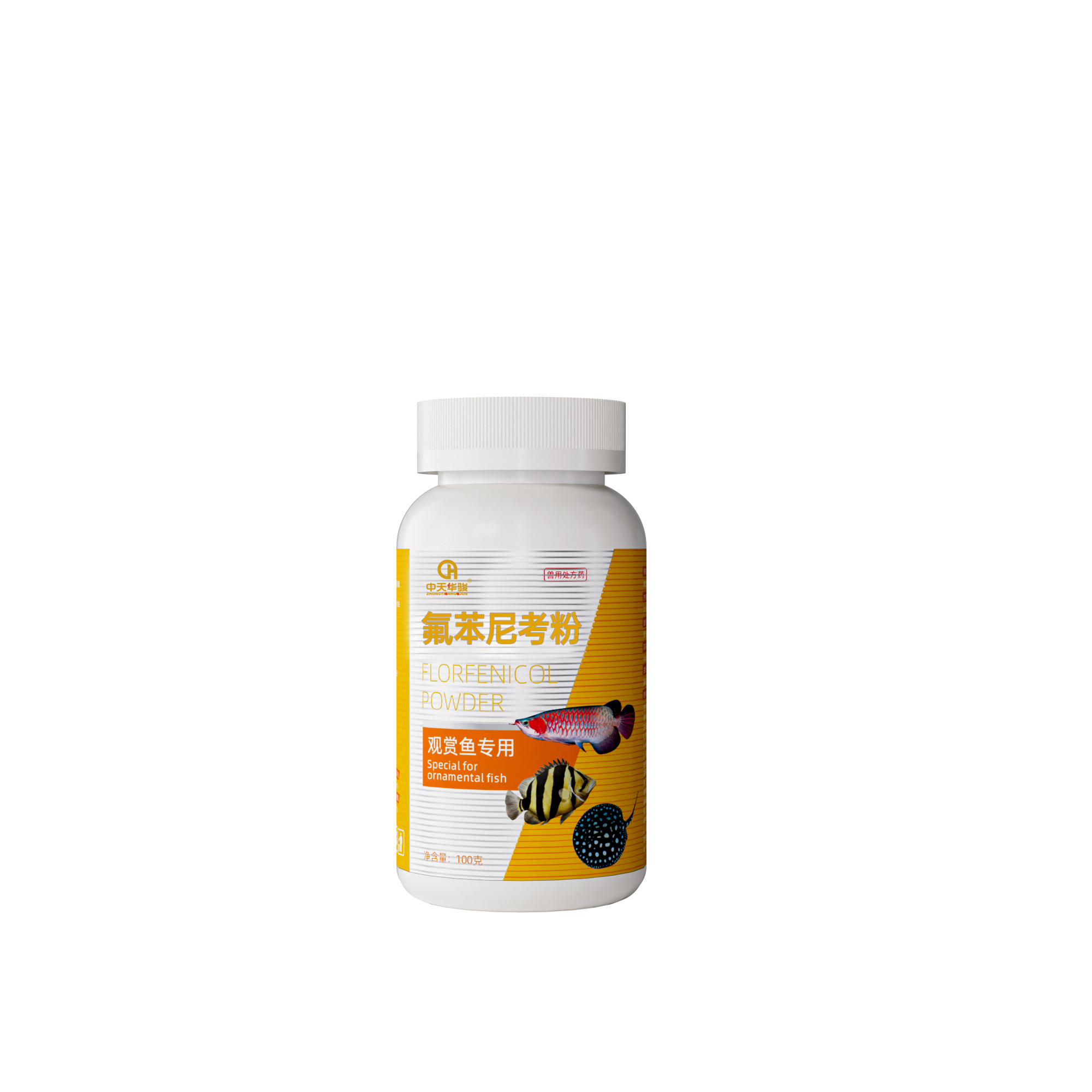
Okt . 17, 2024 04:36 Back to list
Ivermectin Production for Sheep Drenching in Agricultural Facilities
The Role of Sheep Drench Ivermectin in Livestock Health A Focus on Factory Production
Ivermectin has emerged as a crucial pharmaceutical agent in livestock management, especially within the sheep farming industry. This antiparasitic drug, typically administered through drenching, offers effective treatment against a spectrum of internal and external parasites, significantly improving the health and productivity of sheep. As the demand for high-quality sheep products continues to grow, the production of Sheep Drench Ivermectin in factories has become increasingly important.
Understanding Sheep Drench Ivermectin
Ivermectin belongs to the class of drugs known as macrocyclic lactones, which are derived from the fermentation of the soil bacterium *Streptomyces avermitilis*. It works by binding to glutamate-gated chloride channels in the neurons and muscle cells of parasites, resulting in paralysis and death. The effectiveness of ivermectin against a variety of parasites—such as gastrointestinal roundworms, lungworms, and external parasites like ticks and mites—makes it an essential tool for sheep farmers.
Drenching refers to the method of administering the drug directly into the sheep's mouth, ensuring it reaches the gastrointestinal tract quickly. This route of administration allows for precise dosing and minimizes the risk of under-treatment or overdose, essential for maintaining the health of the flock.
Production Process in Factories
The production of Sheep Drench Ivermectin in factories involves several critical steps to ensure the quality and efficacy of the final product
. Initially, raw materials are procured, including the active ingredient, ivermectin, and various excipients that aid in the formulation process.1. Formulation Development Pharmaceutical scientists devise a formulation that optimizes the stability and bioavailability of ivermectin. This involves determining the right concentration of active ingredients and selecting suitable additives that ensure the drench remains palatable and effective.
2. Manufacturing The production process begins with the meticulous mixing of the active ingredient with excipients. This mixture is then subjected to processes such as homogenization and sterilization to ensure uniformity and safety. Advanced manufacturing techniques, including automated systems, help in maintaining high standards of hygiene and efficiency.
sheep drench ivermectin factory

3. Quality Control After production, the drench undergoes rigorous quality control testing. This includes assessments of potency, stability, and safety to confirm that the product meets regulatory standards. Quality control is vital, as any impurities or deviations in the concentration of ivermectin could lead to ineffective treatment or adverse effects on the livestock.
4. Packaging Once quality assessments are completed, the product is carefully packaged to prevent contamination and degradation during transport and storage. Proper labeling is also essential, providing dosage instructions and safety information for users.
5. Distribution Finally, the Sheep Drench Ivermectin is distributed to agricultural supply stores, veterinary clinics, and directly to farmers. The efficient distribution network plays a significant role in ensuring that farmers have timely access to treatment, especially during peak parasite seasons.
Impact on Sheep Farming
The availability of high-quality Sheep Drench Ivermectin has transformed sheep farming practices. Regular use of this antiparasitic treatment can lead to improved flock health, greater weight gain, and enhanced wool quality. Healthier sheep not only produce more meat and wool but also have better reproductive performance, which can significantly increase a farmer's profitability.
However, responsible use of ivermectin is paramount to avoid the development of resistance among parasites. Farmers are encouraged to rotate treatment strategies and implement integrated pest management practices to ensure the long-term effectiveness of Ivermectin.
Conclusion
Sheep Drench Ivermectin plays a pivotal role in modern sheep farming, with factory production ensuring a steady supply of this essential medication. As farmers and veterinarians work together to manage livestock health, the production of high-quality ivermectin remains a cornerstone of sustainable and profitable sheep farming. The commitment to maintaining rigorous standards in its production not only benefits the agricultural industry but also enhances food security and animal welfare on a broader scale.
-
Premium Honeysuckle Products - Leading Honeysuckle Manufacturer & Supplier Factory
NewsJun.10,2025
-
Pulmonary Edema Solutions from Leading Manufacturer & Supplier Reliable Factory Price
NewsJun.10,2025
-
Red Eyes - Leading Red Eyes Manufacturer & Supplier, Premium Quality Factory Price
NewsJun.10,2025
-
Broiler Ascites Syndrome Solutions Top Manufacturers
NewsJun.10,2025
-
Premium Amoxicillin Suppliers Reliable Biomox Mexican Factories
NewsJun.10,2025
-
Top Brewing Cell Wall Solutions Optimized Efficiency
NewsJun.09,2025




